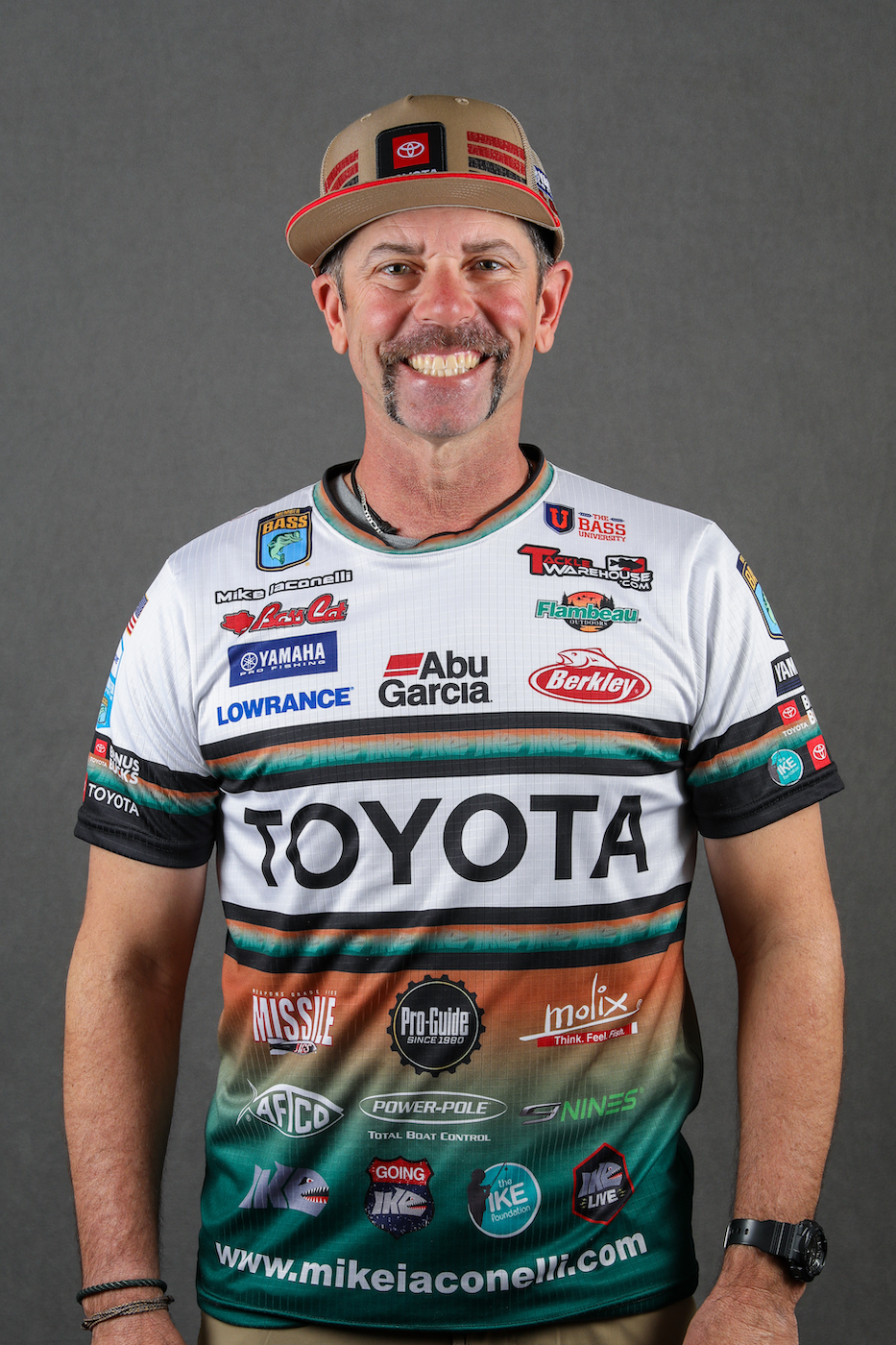I don't care where you're fishing — New Jersey, Ohio, Florida or California — at this time of the year you can find bass by looking thick, looking deep or looking in current. This week we'll talk thick. Next week we'll talk deep. The week after that we'll talk current.
Thick is defined as the thickest cover in the lake. I don't care if it's grass, pads, stumps, laydowns or just plain trash. The key here is not an objective measurement of thick. It's the thickest cover that's available, however thick that might be. Bass use what's available to them. They can't move to a new lake.
When you fish stuff like that, there are two ways you can approach the fish. You can let them come to you or you can go to them. On any given day, one of the two techniques will produce fish.
The best baits for bringing bass to you are frogs and weightless plastics. Everybody knows about fishing a frog over the top of cover, so we won't talk about that. Instead, let's look at weightless plastics.
The best lure for weightless plastics fishing is a Berkley PowerBait Sabertail Burley Bug. It has a thick body and two flapper tails. It'll fish fast or slow and quiet or noisy depending upon how you work it.
The great thing about weightless plastics over thick cover is that when the bass blows up on it, but doesn't take it, you can let the lure drop straight down into the cover. That gives you the best of two worlds. You let the fish come to you, and then you go to him. It offers the bass a second chance at your lure.
If you have trouble casting weightless plastics, try fishing them on a medium-heavy, 7-foot, 4-inch, or 6-inch, spinning rod with an oversize reel. Abu Garcia has several models of rods and reels that are perfect for this kind of fishing. Spool your reel with Berkley FireLine and you should be good to go.
Going to the bass is simple enough — pitch and flip jigs and plastics. That's pretty much self-evident. Most of you guys know how to do that. Make sure you keep in mind the term thickest. Don't fish the light stuff because it's easier.
One final thing I want to emphasize about thick cover is that it isn't depth dependent. Often the water you'll fish will be less than 2 feet deep, regardless of the other conditions on the lake.
Back when the Classics were held during the summer, about half of them were won shallow. Tak won his (2004) in about 1 ½ feet of water. I won in New Orleans (2003) in no more than that. Both of us had deep water opportunities — remember deep is a relative term — but we knew the fish were relating to thick cover despite the heat and nearby deep water.
Think thick this summer!





